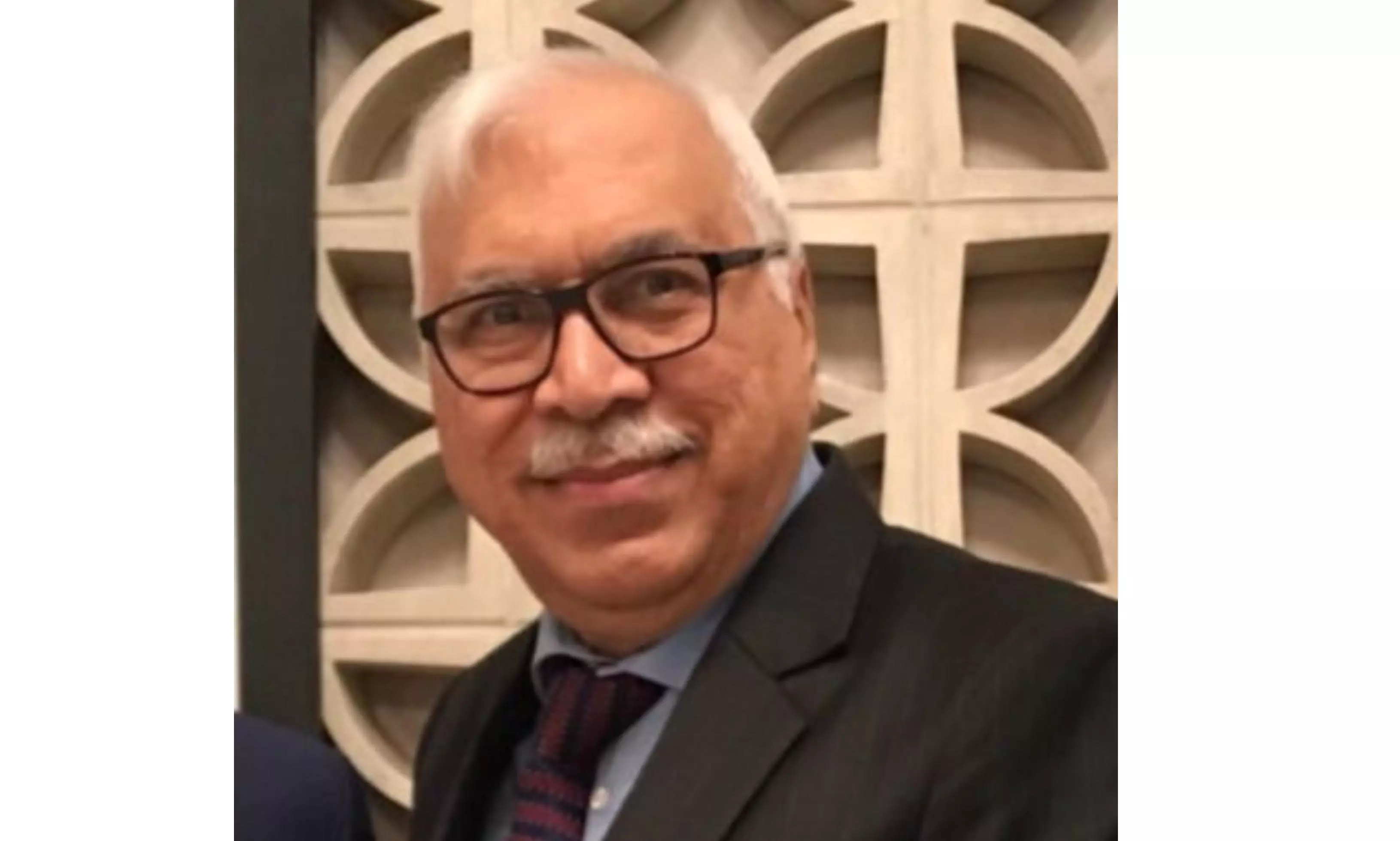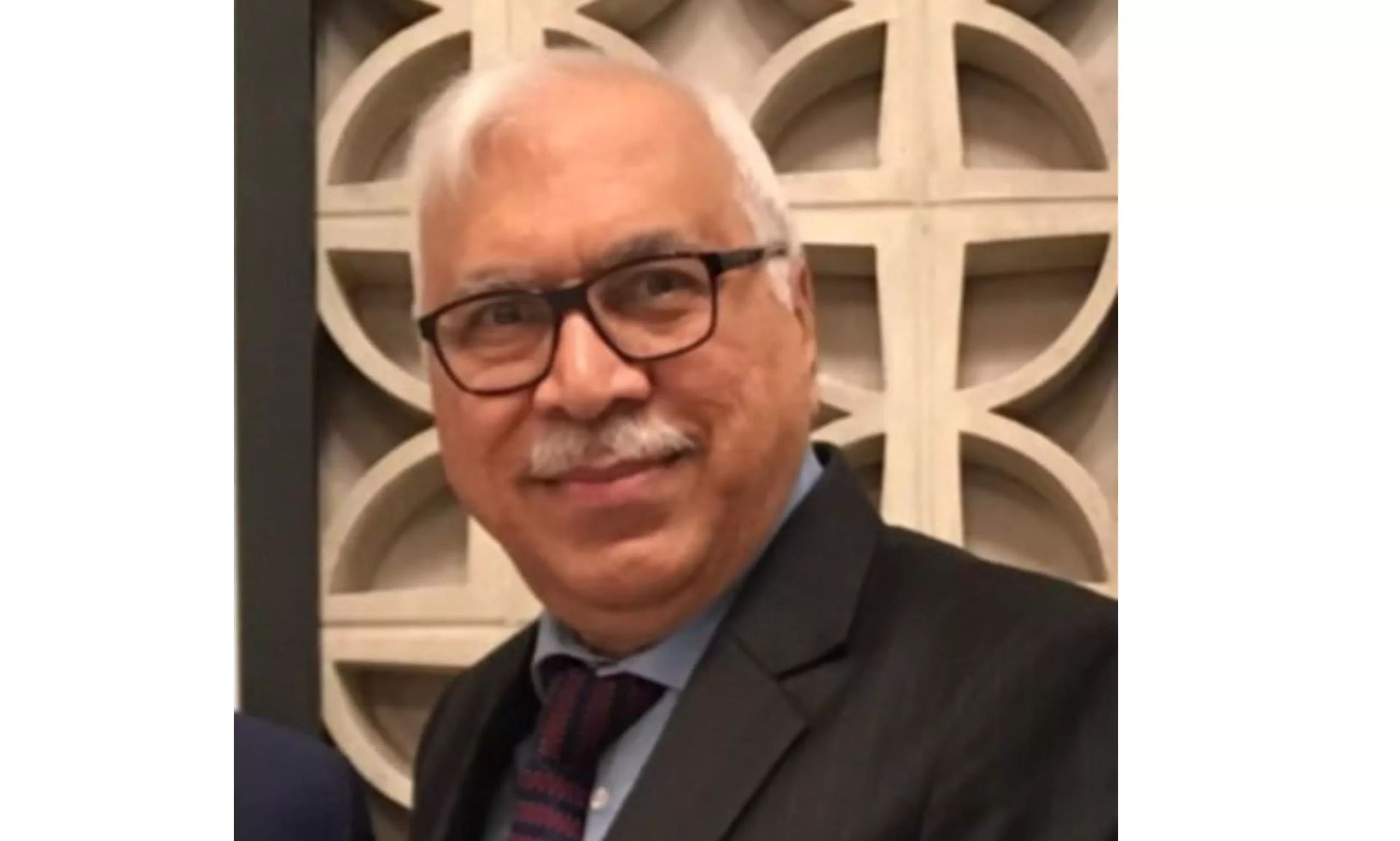
Hyderabad: Former chief election commissioner Dr. S.Y. Quraishi called for studies on the condition of Muslims in India to allow people to argue based on facts and figures and not just emotions. Quraishi, who was the 17th CEC, spoke on several issues such as the One Nation One Election, Wakf Bill and free discharge of duty by civil servants.
Excerpts:
Question: Your talk , ‘Myths about Muslim Population Growth in India’ reminds one of the Sachar committee report. Do you think the report’s recommendations should be brought back into the discourse?
Answer: The Sachar committee report was the first document that brought out the facts and figures and documented the socio-economic conditions of Muslims in India. It had some very good recommendations and a committee was formed to implement them. But it could not do its job. Now, of course, it has been put in cold storage which is a pity. Studies should be undertaken to highlight the condition of Muslims in India so that we can back our arguments with facts and figures and not just emotions.
Q: Talking about projection of numbers for electoral gains, do you think there would be any changes if the caste census is undertaken?
A: There are people who need hand holding and support in the form of affirmative action, which was provisioned in the Constitution itself. Hopefully, the census will be used only for constructive purposes and not for destructive political purposes.
Q: What are your thoughts on the Waqf Bill?
A: I was the administrator of the Punjab Haryana Waqf Board. I know that there has been the mishandling of the board by the community itself. The intention of the government is not clear about this Bill.
Through misinformation and disinformation, it is being propagated that waqf property is government property, which the government should take back. But that is not true.
Waqf property is given by some private individual in trust for the welfare of the community. It’s a charity given by the Muslims themselves, maybe some non-Muslims also, for the Muslim welfare. It is not a government property, which they would like to take back.
Q: What would be the challenges if One Nation, One Election comes into force?
A: While it offers some benefits, it also presents significant challenges. On the positive side, voters across national, state, and local levels use the same polling stations. The polling management, the district administration and the security are the same. Instead of pressing one machine, voters would cast their votes for three elections at once in five years. But is it a good thing or a bad thing?
For the Election Commission, however, it’s a very good thing. (I’ll probably play golf for five years). However, for voters, it could diminish their only real power — the ability to hold politicians accountable. Without regular polls, politicians would be less inclined to engage with the public.
It is said that Rs.60,000 crore was spent during the last Lok Sabha elections. It’s argued that this is a good expenditure as the money flows from politicians to people. Frequent elections create economic activity, with one person famously saying, “With Chunav (election), comes pulav (rice) in the poor’s stomach.”
Thirdly, is it really one election? India is a big and federal country. How does local politics factor in ‘One Nation One Election’? The Vajpayee government fell in the Lok Sabha in just 13 days after the 1996 general elections. If the Central government falls, why must the state government be forced to run for the simultaneous elections? The mid-term poll that would happen might also be only for the remainder of the period, which could be around 1 or 2 years. So the number of elections within the five-year term might increase, leading to more expenses rather than reducing it.
Interestingly, the Kovind Committee report, which reviewed this idea, only focused on Lok Sabha and Vidhan Sabha elections, i.e. the 4,120 MLAs and 543 MPs and overlooked around 30 lakh leaders at the Panchayat and municipal level. Those elections will take place after 100 days, the report mentions. So it is not a simultaneous election.
Lastly, they have not factored in that even five-year elections are a huge exercise in itself. It causes great fatigue among the ground workers who make the elections a reality.
Q: Is it possible for bureaucrats to work independently of the political pressure?
A: Bureaucracy never had that power. It fluctuates with the leadership. If the leader is liberal, liberalism flows down. If the leader is dictatorial, the same spirit percolates. The bureaucrats then should be aware of the punishment. All they have to do is overcome the fear of transfers. Temporarily, you will be sidelined, given a bad post, but somebody else will pick you up.
For example, while working as a civil servant in the Haryana cadre, Chief Minister Om Prakash Chautala did not talk to me for months. But he picked me up to be the Principal Secretary to the Chief Minister. What better example could there be?
